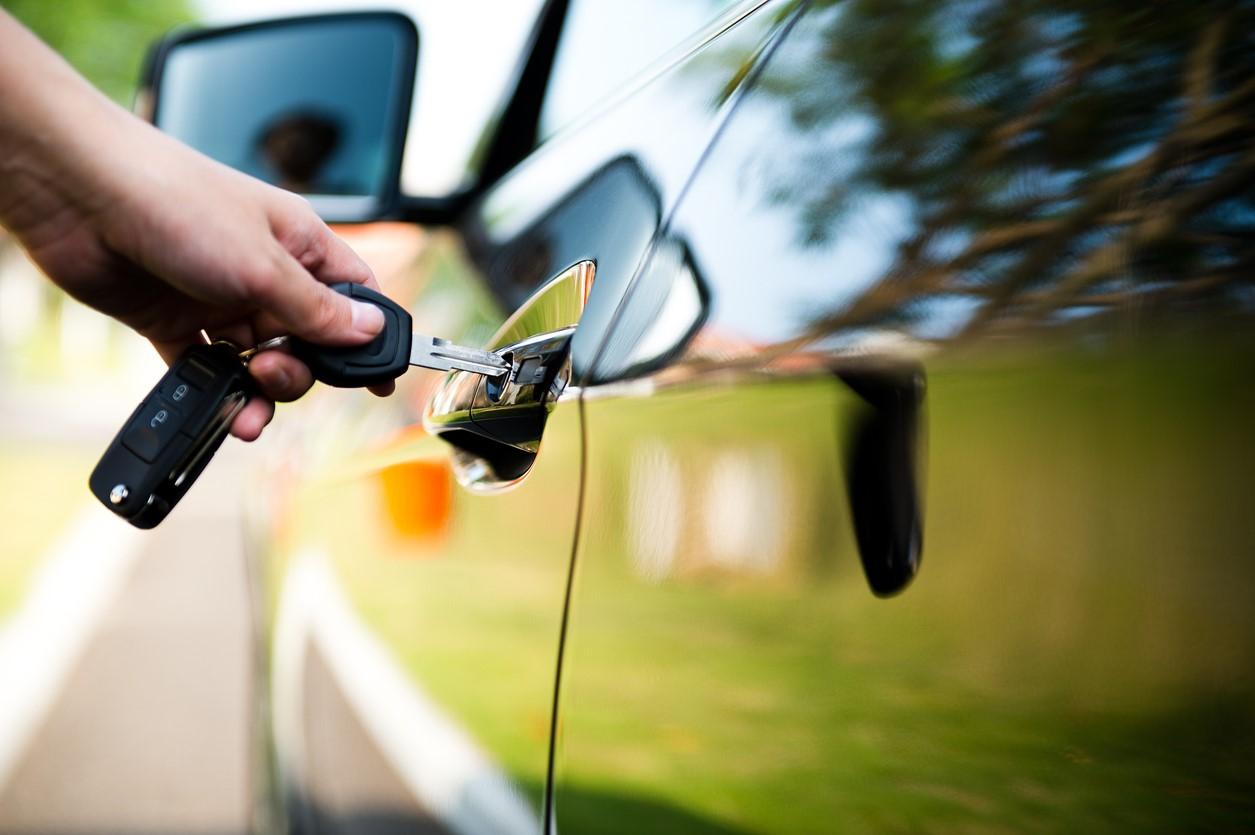
Epilepsia y conducción: lo que hay que saber
Peer reviewed by Dr Krishna Vakharia, MRCGPAuthored by Matt BinnyOriginally published 5 Apr 2023
- DescargarDescargar
- Compartir
Si tienes epilepsia y quieres aprender a conducir o ya tienes carné, hay una serie de normas y responsabilidades que debes conocer. Las normas no significan necesariamente que no puedas conducir, sino que están ahí para que, si lo haces, sea seguro para ti y para los demás.
En este artículo:
Seguir leyendo
Can you still drive if you have epilepsy?
There isn't a single rule for epilepsy and driving. It depends on the type of epilepsy and seizures you have. The key factors are whether you have seizures while awake and if they affect your consciousness. If you do, you must wait 12 months without seizures or blackouts before getting your licence back.
Examples of seizures which will prevent you from driving include:
Tonic-clonic seizures - when you lose consciousness, have stiff muscles, and your limbs jerk. This type of seizure is most recognisable and commonly associated with epilepsy.
Absence seizures - when you stop what you're doing and appear to be day-dreaming. In this state, you won't be aware of your surroundings, and another person can't bring you out of it.
Focal seizures - when you experience an aura, often warning that a tonic-clonic seizure is coming. Focal seizures can affect your awareness and control over muscles and limbs, which can cause jerking and limpness.
Patient picks for Epilepsy and seizures

Cerebro y nervios
What to do when someone has an epileptic seizure
If you saw somebody having an epileptic seizure, would you know what to do? According to Epilepsy Action, there's a good chance the answer is no. Worse still, many people have misconceptions that may cause more harm than good.
por Victoria Raw

Cerebro y nervios
Crisis de ausencia
Las crisis de ausencia suelen darse sólo en niños y jóvenes. La mayoría de las personas con este tipo de epilepsia dejan de padecerla al llegar a la edad adulta. En este folleto sólo se trata el tipo de epilepsia con crisis de ausencia típicas. Existen otros tipos de crisis de ausencia "atípicas" que no se tratan en este folleto.
por el Dr. Doug McKechnie, MRCGP
Do you have to declare epilepsy to the DVLA?
If you have a seizure or blackout, you must inform the DVLA if you drive or are learning to drive. Failing to do so risks your safety and that of other drivers and pedestrians1, and you could receive a £1000 fine or face prosecution2.
You can declare your condition to the DVLA online. Whether you lose your licence and the length of the suspension depends on several factors.
Seguir leyendo
How long do you have to be seizure-free to drive in the UK?
For car and motorbike drivers, if the seizure occurs while you're awake and it affects your consciousness then you will need to be 12 months blackout and seizure-free before you can re-apply for your licence.
If it's your first seizure, a one-off occurrence, or the seizure is caused by a change in medication, your suspension may be six months.
For a bus, coach, or lorry licence, suspensions are 10 years for seizures that affect consciousness and five years for one-off or provoked seizures - such as a change of medication.
To determine if, and how long, you will lose your driving licence, the DVLA considers the following:
Type of epilepsy and seizure.
Type of vehicle and licence.
Whether it affects your consciousness.
Whether it's your first seizure.
If you suffer from asleep seizures.
Visit the DVLA's website to declare your condition or learn more about epilepsy and driving.
What help is available if I can't drive due to epilepsy?
Living with epilepsy affects people in different ways and for many not being able to drive will have a significant impact. Systems are in place to support people with epilepsy who need to travel - being able to travel independently affects your social, family, and work life.
Help with bus and train travel
If you no longer drive because of epilepsy or any other medical condition, you're entitled to a disabled bus pass in England, Scotland, and Wales. If you live in Northern Ireland, you can travel at a reduced cost.
There's also a disabled person's rail card available which gives you one third off all rail travel in England, Scotland, and Wales.
Help with travel to work costs
If you can't use public transport, access to work schemes are available to ensure you aren't out of pocket for taxi fares and similar expenses3.
Support from your employer
For support with epilepsy and driving, it's essential to inform your employer and explain the situation. Adjusting to life without driving can be difficult and affect aspects of your job. For example, if you have to leave for work earlier because of public transport or some of your duties require a driving licence. According to equality laws4, people with epilepsy are classed as disabled, so your employer must offer the support you need to get to work and do your job.
Seguir leyendo
How does having epilepsy affect my car insurance?
You need to inform your insurer if you need to stop driving because of epilepsy, as every insurance policy requires a valid driving licence. Failing to declare a medical condition that makes you more of a risk may invalidate your policy if you make a claim. Having epilepsy may increase the cost of your premium as you are considered more of a risk.
If you plan to keep your vehicle while suspended and park it on roads or public areas you still need tax and insurance or you'll receive fines or penalty points.
Para saber más
Historia del artículo
La información de esta página ha sido revisada por médicos cualificados.
5 abr 2023 | Publicado originalmente
Autores:
Matt BinnyRevisado por expertos
Dr. Krishna Vakharia, MRCGP

Pregunte, comparta, conecte.
Explore debates, formule preguntas y comparta experiencias sobre cientos de temas de salud.

¿Se encuentra mal?
Evalúe sus síntomas en línea de forma gratuita